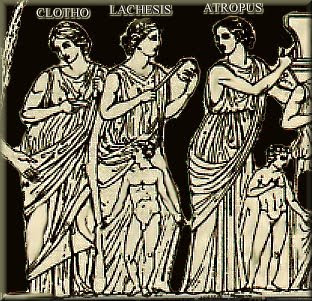Classical FM top 300 list
Popular classical music is rather an odd beast. People's tastes change from year to year, and yet there always seems to be camps of supporters for each style of music - so some tastes don't necessarily change with the season. There are those that say radio stations like Classical FM cater to boring or conservative tastes. However, it runs a survey every year to catch a glimpse as to what their listeners think are the best 300 pieces of classical music out today. Music from Mozart and Beethoven continue to rank highly among the most favourite pieces to listen to. That said, these same composers are the bread and butter for professional orchestras as well. While it may be nice to perform something new and different, the crowds still are better for music from the masters. Since it takes money to keep these organisations running, performing concerts that sell tickets is a necessity - and so the master's music continues to get performed. What is also interested about the above ...

